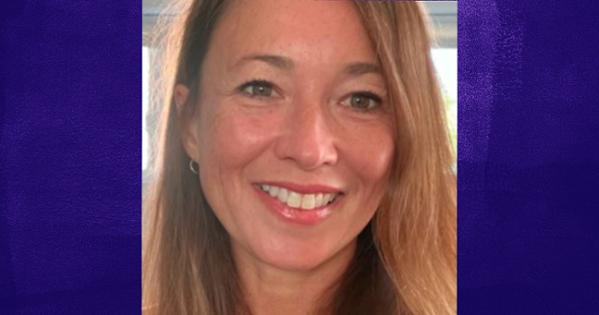The Importance of Mentorship

Welcome to SIS Voices, an ongoing series in which SIS alumni from historically underrepresented backgrounds share their experiences working in international affairs and offer some advice to current and future students who may also find themselves in the minority in their classes and professional spaces. These alumni work in varied fields, and they share a belief that the surest way to realize the SIS vision of “waging peace” is to include all voices in the discussion.
In this edition, we spoke with Christina Thomas, SIS/MA ’05. Christina received her degree from the Intercultural and International Communication (IC) program, and she’s currently serving as Divisional Vice President, Youth Exchange, in the Global Programs Division at World Learning. Christina’s focus as an SIS student was on diplomacy and foreign policy.
- What sparked your interest in international affairs?
- I studied abroad for a semester in Spain during my undergraduate degree. After this experience, I knew that I wanted to travel internationally, and I applied for the JET program, which is a public diplomacy program in Japan. It is about putting foreigners in local communities, and it seemed like a good opportunity to get paid without much experience teaching English.
- What are some challenges and opportunities you have found as a woman in the field of international affairs?
- The field of traditional study abroad is predominantly white male directors and leaders. Throughout my early career, I had mostly male supervisors. Fortunately, I’ve had some really good supervisors. Most people had a high degree of emotional intelligence. They were on their own track in trying to rise in their own career, and they were supportive of the work I did.
There is also an element of fundraising in nonprofits that you are dealing with that feels more male-centered. I didn’t have a comfort level as a younger woman. I didn’t have a great mentor to shepherd me through that.
After almost 20 years at World Learning, I can say the situation here is so different now. We are mostly women. All the heads of the unit are women. We have a woman CEO. There’s been more effort to recruit women and diverse voices. There’s been so many changes that benefit those who are underrepresented. - What skills/tools/knowledge did you gain from SIS that have proven especially important in your career?
- Well, I constantly had to write 20-page papers; I learned to write a lot very quickly. The Intercultural and International Communication program had workshops that were very varied in the field, run by Gary Weaver at the time. They were very practical institutes. I got exposure to different professionals in the field. I came to DC because I wanted professional career development. I wanted to study and learn at the same time and put the theory into practice.
- What advice would you give current students from underrepresented communities about what they have to offer as a vital voice?
- Step out of your comfort zone, and be curious about where your friends and colleagues are going and what their path is. I asked a lot of questions to friends and colleagues. I took my path year by year, and the opportunities kept coming. Stay curious, stay open. Not everything is set in stone. Choose something that you will continue learning. I have stayed at World Learning because I am constantly still learning, not just about the world, but also about business and management. My advice is to choose a path in your career that will keep you engaged and curious.
- Who are your professional mentors (formal or informal), and how did they come to be your mentors?
- My mentors were my network in DC. I was able to develop professional networks and relationships while in DC. I got exposure to different people through my graduate program and at World Learning who have become lifelong friends. A lot of them are diplomats now, and they come in and out of DC. It’s such a critical time, the early years of your career, and professional networking is really important.
My supervisors in my career were also mentors. Each supervisor had a different flavor. They showed me how to bring emotional intelligence to supervising and managing a team.
